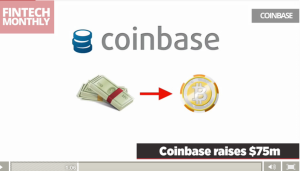I thought that I would use this blog to explore some of the more exciting areas of emerging technology that our group is currently looking at. Sometimes it can be tricky to keep focus when thinking about your strategy as a tech lawyer; there are always so many potential new technologies coming over the horizon that you have to place a few bets as to where the economy and the path of technology is going to go over the next few years. You also have to balance tomorrow’s world against today’s clients’ needs.
There are not many (any..!?) areas of technology that we do not touch in one way or another. In addition to the 120 lawyers sitting in our tech group (covering technology, media and telecoms), we separately have large advanced engineering, defence, healthcare, life sciences and cleantech/renewables groups. These IP heavy industries make up a huge part of our 1,300 person law firm. All of that results in us regularly getting brought in to look at the ‘bleeding edge’ of both technology and the law – technologies, of course, tend to develop much fast than the law is able to.
Some examples: we’re currently engaged in the process of law creation (plus regulation and standards creation) across various jurisdictions in crypto-currencies, the internet of things and driverless cars. Law and regulation are relatively easy to understand but “standards” is not an area that will get the population at large very excited. Unless lawyers get involved in a detailed way to pull together the corporations, regulators and public bodies that are involved in the development of new technologies then inter-operability between devices, systems etc soon falls down. Just one of the examples that i mention above – if the internet of things isn’t based on a core set of standards then no two companies’ devices will be able to interact with each other.
Over the next few blogs, I will look at some of the emerging tech areas where we have built full service legal teams for specific classes of nascent technology. I’ll start with digital media, cloud, connected health and fintech – our longest running accelerator programmes. In each of those areas, we have developed our full service legal teams and have been bringing young companies onto our Jumpstart platform for start-ups during that time.


